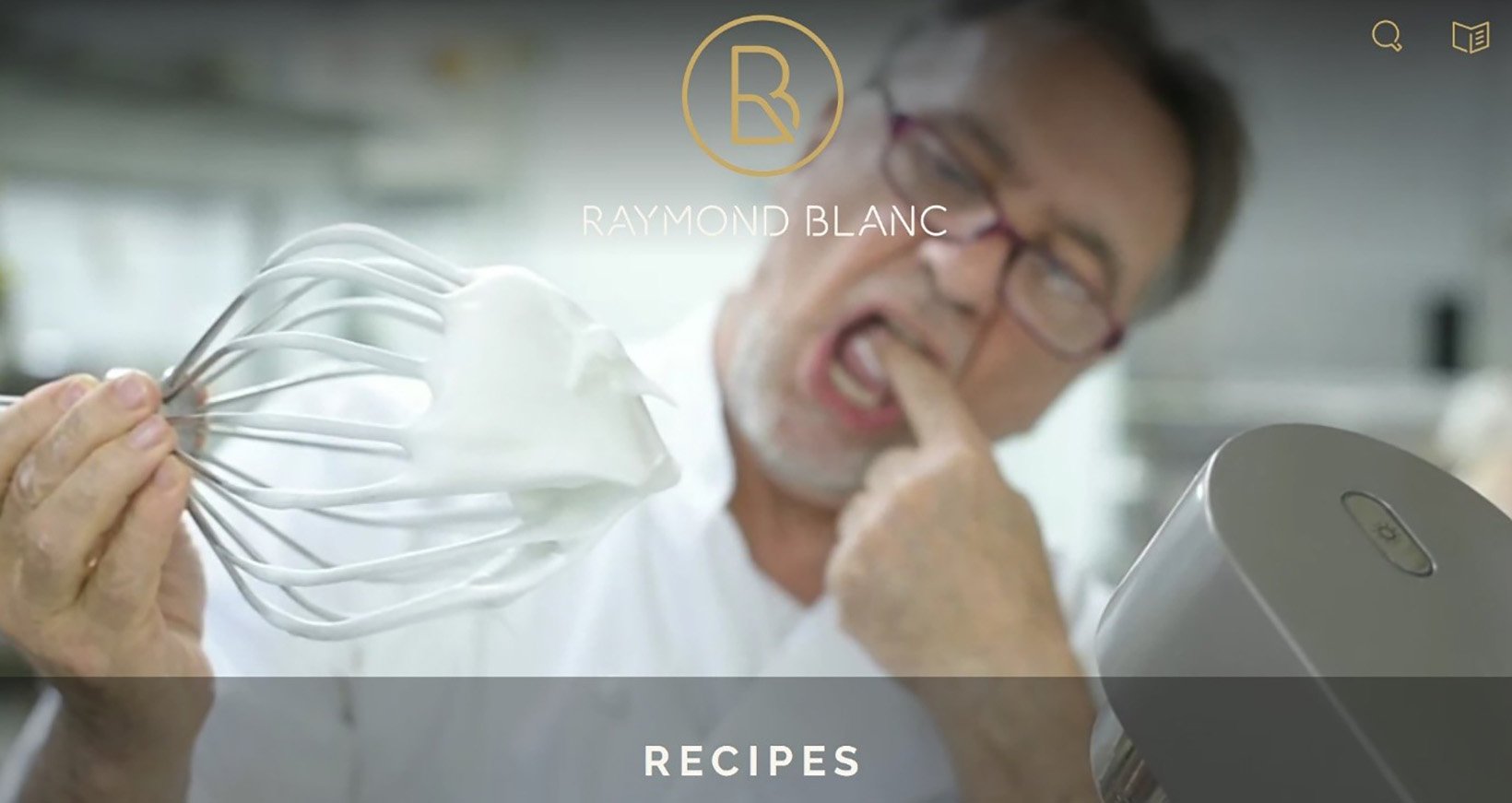
I don't mind eating food. I prefer thoughts. I am a glutton, therefore, I must admit.
There will come a moment in time we will stop the palaver, the play, the waste and decadence with food. We shall look back on our history of eating what we ate with nostalgia.
This future moment will look unimaginably different to the current reality of eat or starve, diet or die, fine dining or fast food. Although, make no mistake, the history of haute cuisine or spa-designed regimes are generally as decadent and disgusting (mistaken) as processed, pre-packaged, particle-based, and denaturalised meals are debasing.
Why do we eat?
Think about it. Or rather: isn't is a marvel how we, compared to any other species on the planet make such a fuss about deciding what to eat? And how the consensus keeps changing on what is best to eat. Let alone how to prepare it (raw, fresh, fast, slow, zapped, zipped into an astro-packet).
Variations in standard calorific intake started off as self-medication. Like the cat chews grass to fix its tummy. Cave man might have intuitively reached for black currents to stop the runs. He may have got it wrong a few times, undecided on whether to go for belladonna (deadly nightshade) or black currant (ribes nigrum).

Food Rules
Then technology made of food an art and above all a power tool(starting with navigation which lead to the importation of foreign and fascinating new ingredients into market places and kitchens, first ending up on aristocratic tables, and much later in our supermarkets). All the greatest political negotiations, world reshaping plans were made over dinners, or bevarages and light refreshments at least. We went from adobe huts with peat roofs to (porcelaine) cups of tea in no time.
Thanks to celebrity chefs and personal trainers the common man is inspired to make up menus in his domestic home; see how a global network of communication has managed gradually to allow all the tips and tricks (trade secrets, courtly pièces de résistance) to trickle down into our Amazon baskets. Consumers have the right to demand supply. We are sharing our ideas on what to eat like never before. We are nervous as hell about poisoning ourselves. We are going half insane for it! How to get fit, stay fit, die fit! While on the other hand the travesty of a Yemen (famine) can still happen in this same world.
Food as spiritual indicator
Food is a bridge between inner and outer. On this platform of eating and medicating we learn about evil and healing. Man has taken his energetic needs to a higher, spiritual level. He has brought the temple closer to home.
By the fact that we eat what we eat we can discover how spirit lies behind everything material - regardless of what exactly you prefer to eat. To say you are what you eat works perfectly if taken generically, but loses its significance if you start weighing every gram and analysing every amino acid.
Also Interesting:

The history of food in Modern Europe.
Listen - if licenses [or VPNs] allow – to the podcast on BBC4, In Our Time, with Melvyn Bragg, and ponder. The topic explored is what have we eaten, and why? In Europe since the Renaissance how have our intellectual appetites fed our empty stomachs?

- Learn to cook French in California! That is to say, École de Cuisine La Varenne which was founded in Paris in 1975 by British-American food writer and cooking teacher Anne Willan was relocated to Santa Monica in 2007, but currently there are offered only occasional gastronomic courses. You can still learn a lot of traditional techniques and the secrets to success for classical recipes from Willan’s books and sites.
- The Cookbook Library draws from renowned cookbook author Anne Willan’s and her husband Mark Cherniavsky’s antiquarian cookbook library. . . . It traces the history of the recipe and includes some of their favorites.

- My personal favorite traditional-style chef is Raymond Blanc who has a groovy website and an inspiring biography. Imagine becoming a successful FRENCH chef in England, back in the seventies!
Get a feel of how far we have come but also of how far we have to go (with certain fundamentals barely altered when it comes to attitudes and beliefs about the real puropse of food) by studying these pictures.

[A Chinese man offering a small lizard on a chopstick to an English guest who is reluctant to eat it. Coloured lithograph by Smith after himself.]
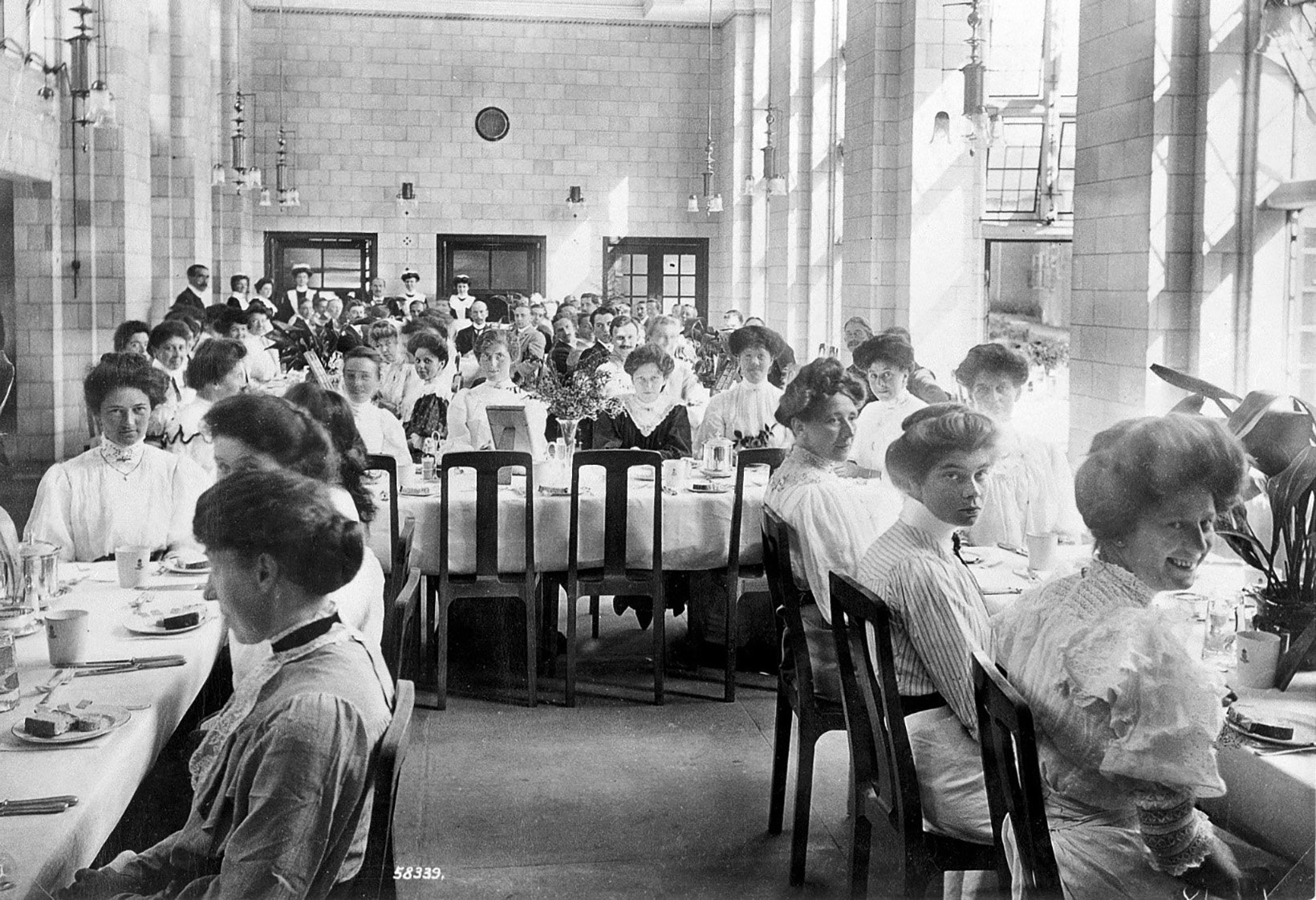
[King Edward VII Sanatorium, Midhurst, Sussex: nurses and medical staff (?) about to dine. Photograph, 1907.]
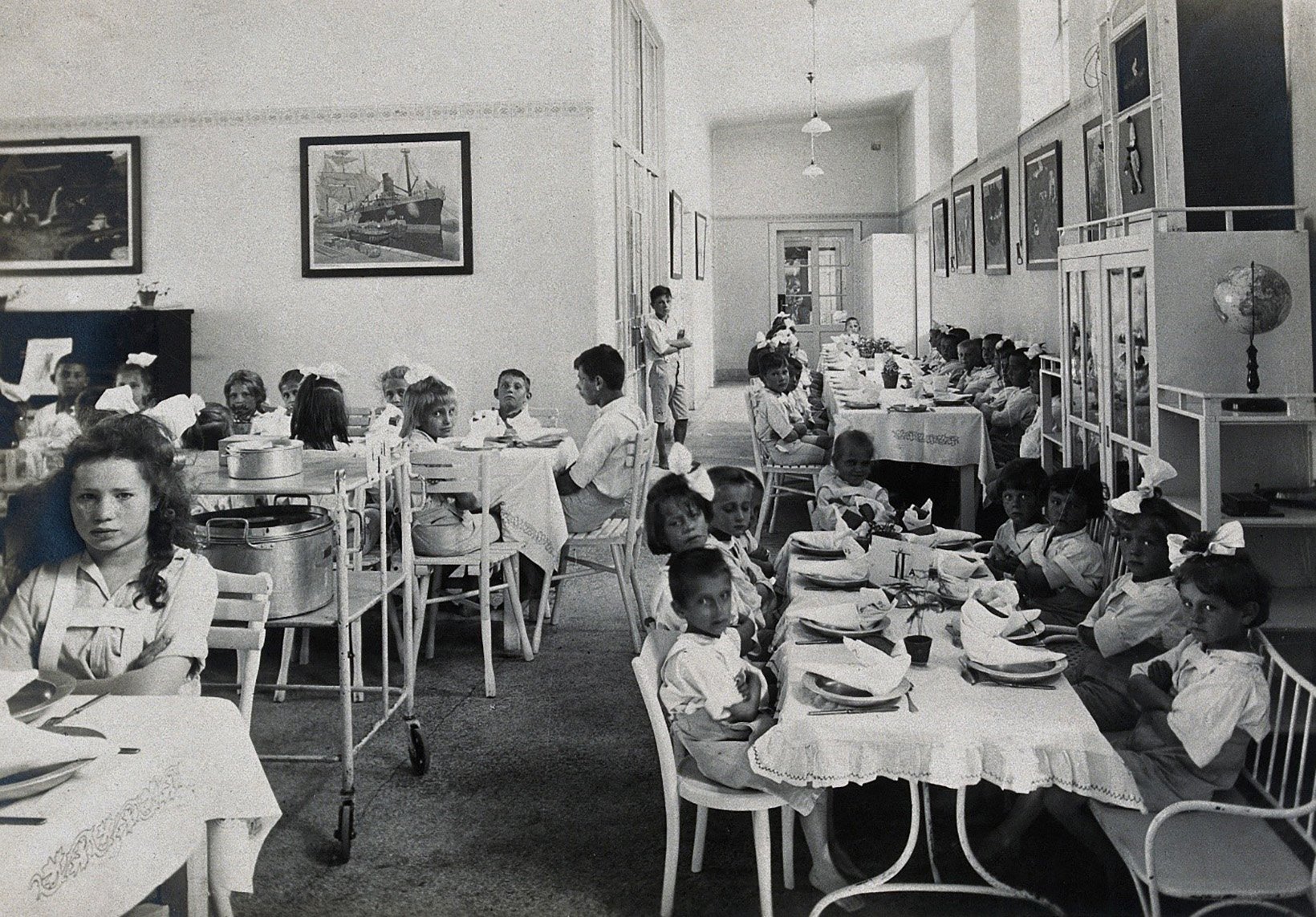
[University Children's Hospital, Vienna: the dining area for the outdoor ward. Photograph, 1921]
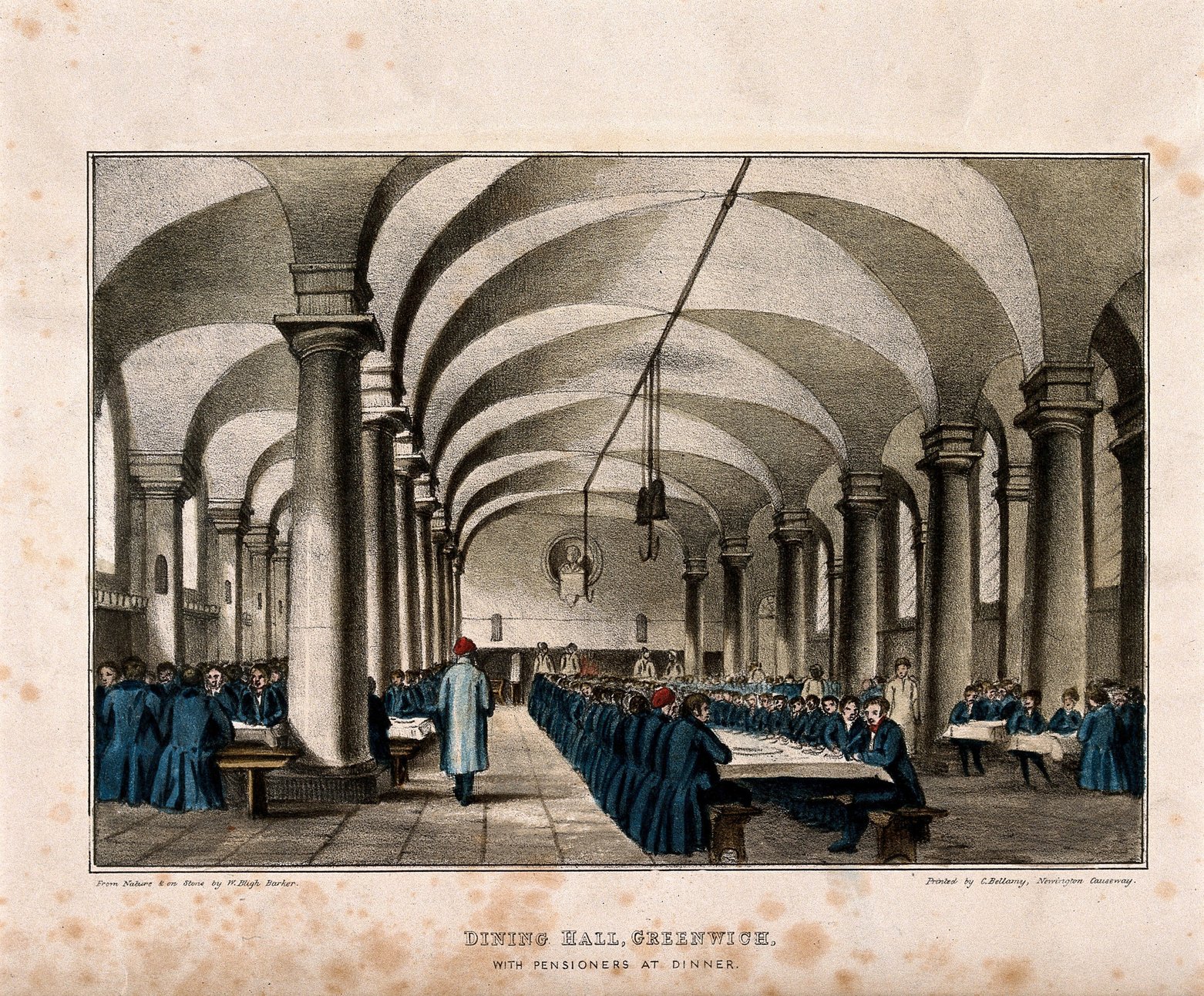
[The dining hall, Greenwich, full of Pensioners eating dinner. Coloured lithograph by W. Bligh Barker after himself.]

[A man squirting a clyster in to somebody's mouth in order to cure his toothache, at a dinner table. Coloured etching.]
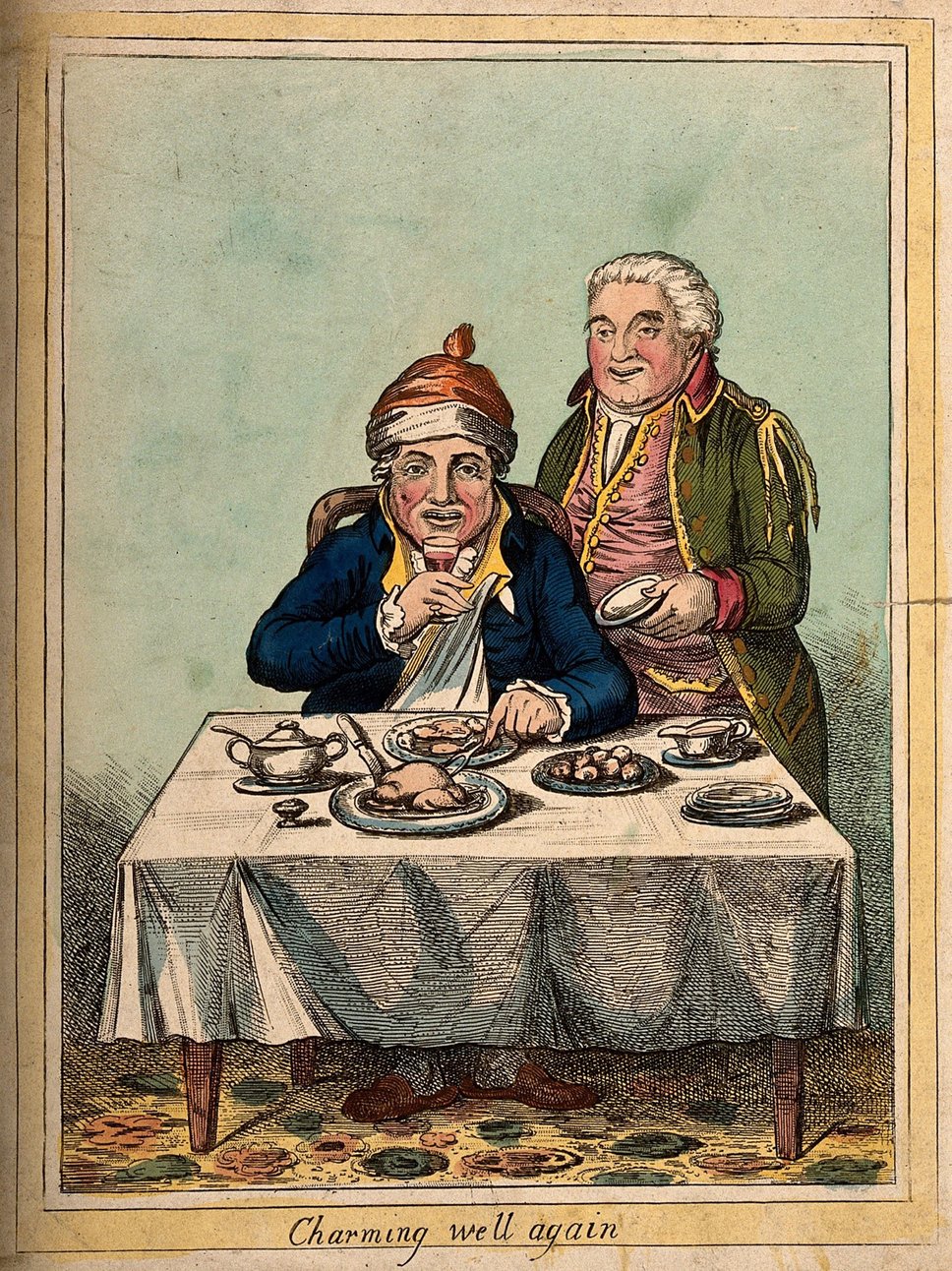
[A convalescing man happily eating a meal, assisted by his grinning servant. Coloured etching by J. Gillray, 1804, after J. Sneyd.]
You're describing a topic that's been on my mind for the past few days. After the gluttony of the holidays I am fed, so to speak. At first one looked forward to the rich meal, but after it had been eaten, it hardly seemed worth the effort to serve up another, equally sumptuous one. The excess of available food is so satiating that I sometimes detest it. It is downright repugnant to me. I see that the normality and availability of food pushes me back to a position of renunciation. I sometimes starve deliberately so that I can relive what it is like to eat and be content with what is there. We have thrown a lot away in anticipation of bringing too little to the table. What a waste of energy. The habit of hoarding food and watching it spoil because you've bought too much is negligible. The abundance does me no good and I counter it by making sure that there is a lack.
This is sometimes unpleasant for my son. Yesterday in the late evening he got hungry and I replied: "It doesn't matter that you are hungry. Diet a little, it's no harm that you don't always get a need fulfilled."
In this way he turns to what is left. So all the apples that are otherwise spurned are eaten and what else is waiting in the fridge. I only shop again when there is nothing left to prepare anything from.
I don't appreciate the fine things until I have missed them for a while. To create this self-regulation artificially is a form of discipline that I acquired over time without really noticing it. But it certainly stemmed from the experience of throwing too much good into the trash. We live even better today than the French kings or the Roman emperors. But it by no means fills the perceived emptiness. Spirituality is something that satisfies some people's hunger.
The meal together, as in the pictures you chose, seems to me like a past relic. Modern people eat alone. Mostly arbitrary and without any ritual. I neglected to express an appreciation on Christmas Eve and that's how it feels now: neglected.
I did not dare to take on the role of my mother, who as spiritual leader at least said a prayer of thanksgiving when the food was served. Maybe next time I will have a little more courage and initiative.
Downvoting a post can decrease pending rewards and make it less visible. Common reasons:
Submit
Five gold stars to your courage to even consider taking on the role of "spiritual leader". You sense so well how it almost is your maternal obligation!
Some great life-style tips in your reply that would help many people on their way to a more spiritual diet!
Downvoting a post can decrease pending rewards and make it less visible. Common reasons:
Submit